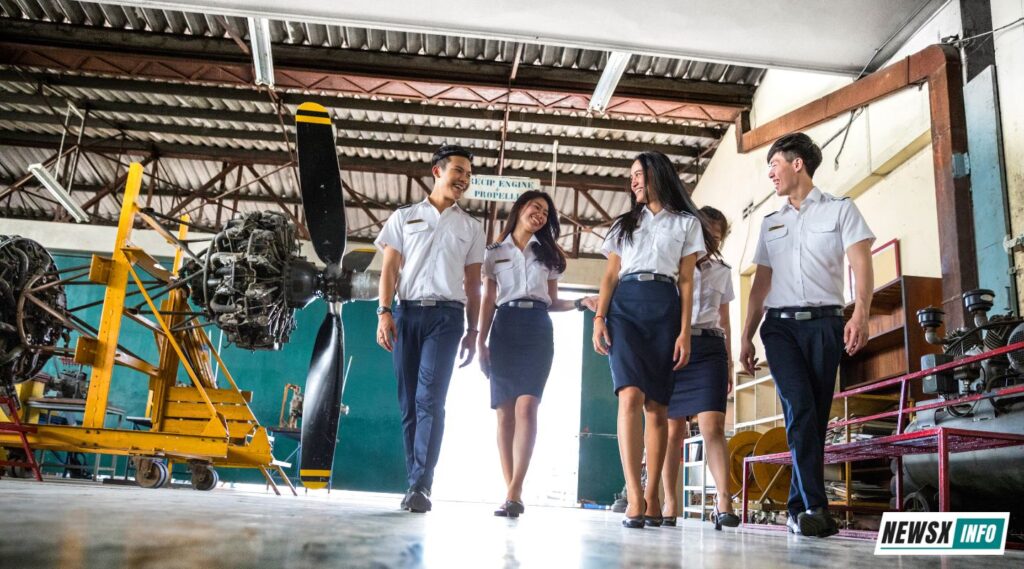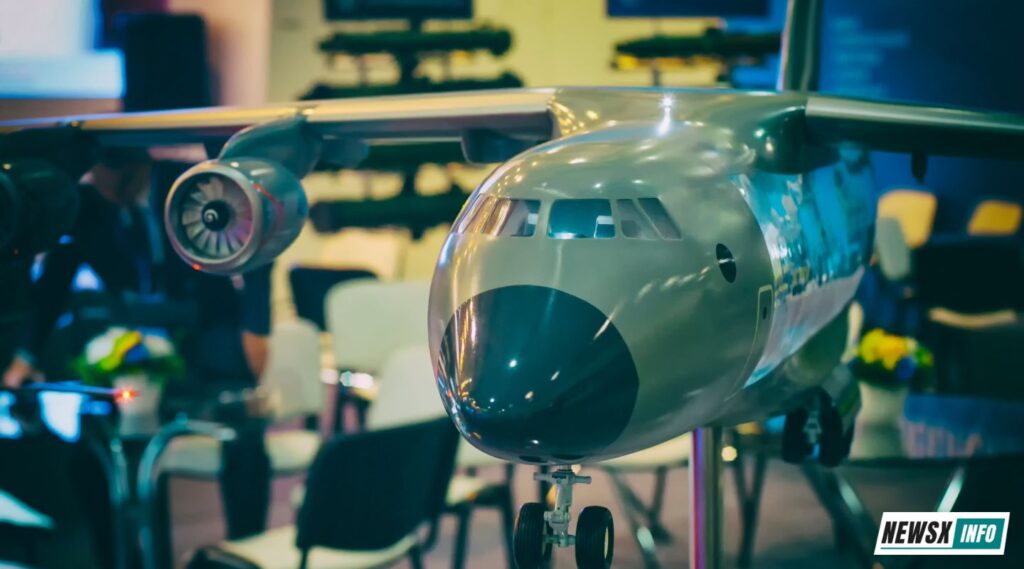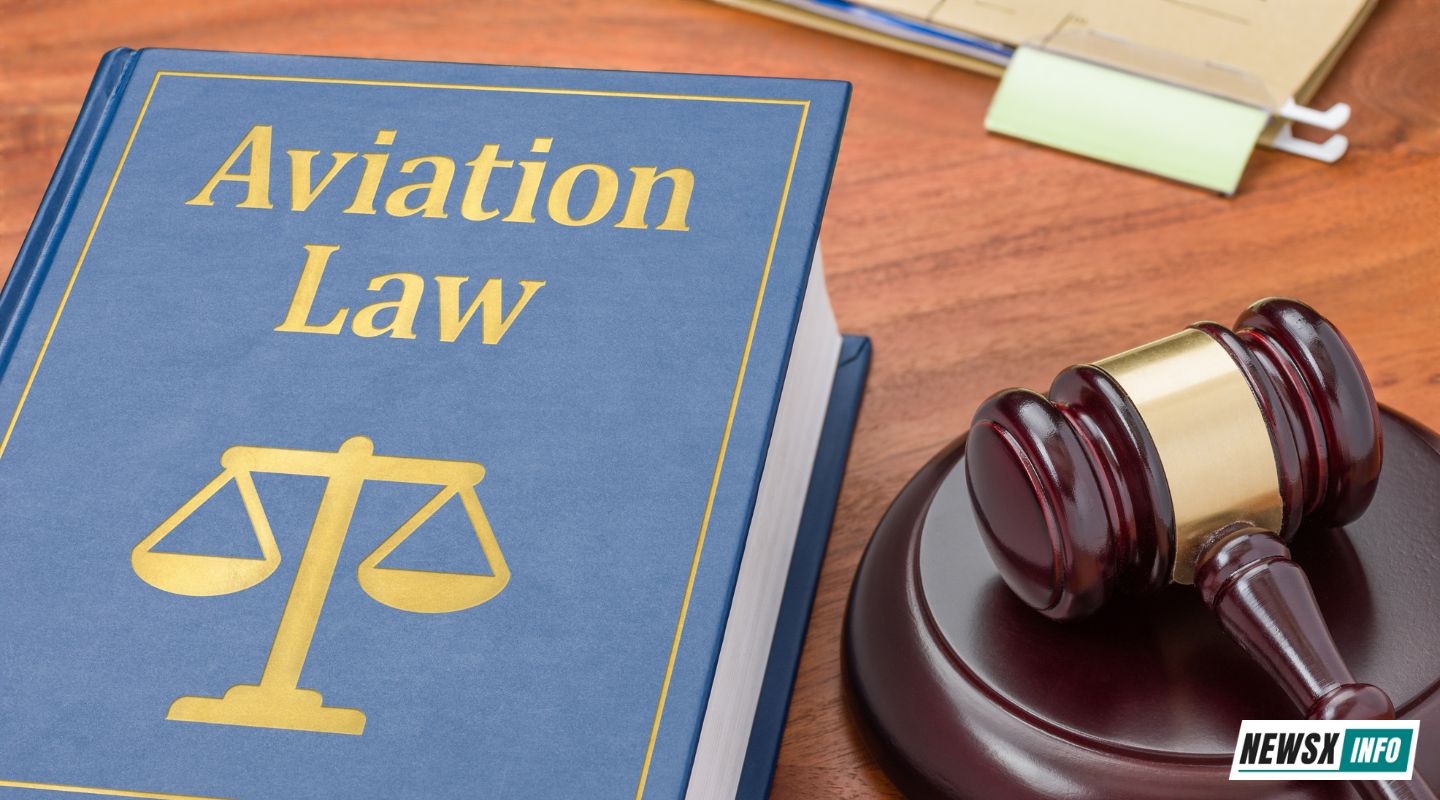Under a convoluted legal field, aviation law addresses operations, safety, and rules as well as aircraft, airports, and airspace. It is hard to exaggerate the need for strong and thorough aviation rules considering the fast development of the aviation sector and the growing complexity of air travel. This article will explore the nuances of aviation law, including its main ideas, legal systems, and issues guaranteeing the efficiency and safety of air transportation.
Historical Development of Aviation Law:
Originally formed early in the 20th century once the Wright brothers completed the first powered flight in 1903, aviation law evolved. The need of control to solve safety issues and bring peace in the heavens grew along with the evolution of aviation technologies. The formation of 1944’s International Civil Aviation Organisation (ICAO) was one of the major events in the evolution of aviation law since it prepared the ground for worldwide collaboration and standards in aviation control.
Main Ideas in Aviation Law:
Among the several legal ideas and doctrines included within aviation law, these include but not all:
- There are several kinds of airspace, each under certain rules guiding aircraft use and operation. These rules control policies including military and civilian use of airspace allotment, air traffic control policies, and height restrictions.
- Every aircraft has to be registered with the relevant civil aviation authority and meet specific certification criteria to guarantee airworthiness and safety. This covers both thorough study of aircraft design, construction, and maintenance techniques and testing.
- Controlling airlines, manufacturers, and other players in air transportation for accidents, injuries, and damages helps aviation law establish responsibility. Should a disaster or accident hit, airlines should also have enough insurance to cover third parties and passengers.
- Aviation legislation has concentrated increasingly on lowering aircraft emissions and noise pollution as growing issues of environmental sustainability and climate change take front stage. This covers steps to support fuel economy, lower carbon emissions, and decrease of the effects of airplane noise on nearby populations.

Regulatory Frameworks:
A complex system of national, regional, and international laws including treaties and accords rules aviation law. Mostly reliant on the ICAO internationally, Member states have to include these standards into their own legal systems and comply by them defining international norms and rules for aviation safety, security, and environmental preservation.
Apart from international policies, many nations have their own civil aviation agencies under responsibility of tracking aircraft operations inside their boundaries. These authorities manage implementing safety rules, licensing and permit issuing, support for inspections and investigations to guarantee regulatory compliance.
Challenges and Future Growth
Notwithstanding notable advancement in the evolution of aviation laws, the aviation sector nevertheless faces certain difficulties and mounting issues:
- Sometimes, especially in relation to privacy, security, and safety, unmanned aerial vehicles—also known as drones—cause fresh difficulties for aviation law. Regulators have to modify current systems to fit the emergence of drones and handle issues such as operator licencing, remote identification, and airspace integration.
- Cyberattacks seriously jeopardize aviation security since aircraft systems are connected together and depend more on digital technologies. Working together, regulators and industry players can put strong cybersecurity regulations into effect to safeguard important infrastructure and stop possible hazards to the safety of air travel.
- Growing knowledge of the environmental effects of air travel fuels demand on the aviation sector to lower its carbon footprint and embrace more sustainable practices. Promoting energy efficiency, reducing the environmental impact of aircraft operations, and supporting the discovery and use of alternative fuels will depend especially on aviation laws.

In essence, aviation law is a dynamic and changing field quite important for guaranteeing the efficiency, security, and safety of air travel. From accountability and environmental protection to control of airspace and aircraft operations, aviation law covers a broad spectrum of legal principles and processes meant to support the orderly growth of the aviation industry. As the aviation scene changes in response to technology development and shifting society challenges, it is hard to highlight the relevance of strong and flexible aviation law. Regulators and industry players can help aviation remain a safe, sustainable, and readily available means of mobility for many years to come by tackling fresh challenges and watching future trends.

